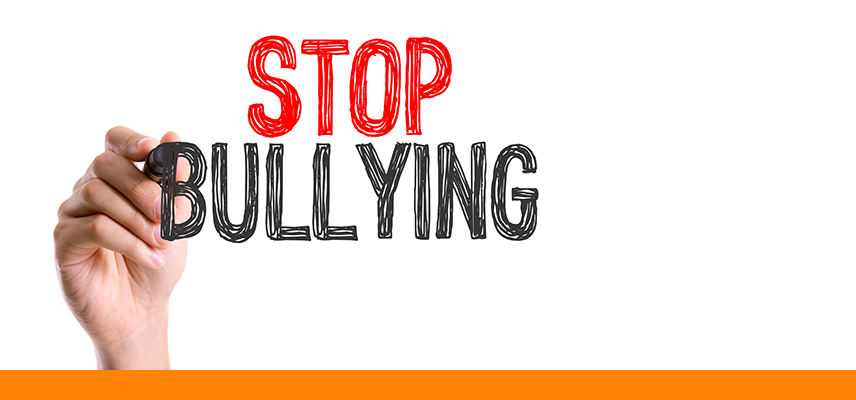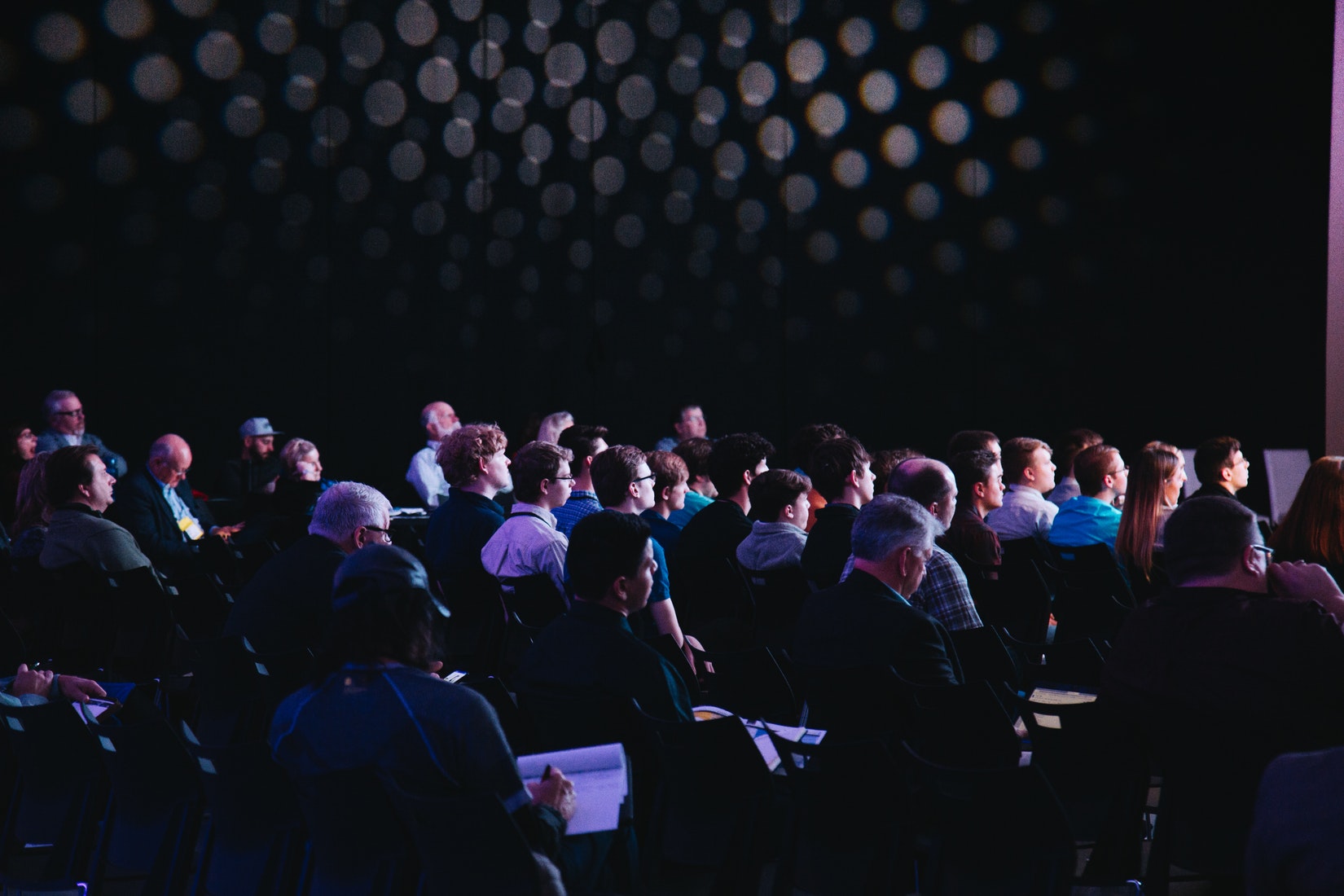Fake news and propaganda spreading on the internet require media literacy if they are to be combatted. Facebook is one of the sites where this misinformation is rampant.
The credibility of news items is often left for consumers to decode. This is not unusual, especially in this age where a lot of us get our news from social media. If anything, the 2016 elections have taught us how easy it is to spread propaganda and fake news that can influence the decision-making process of an individual.
Social media platforms have continued gaining power, especially in the realm of news and information spreading. A lot of people, however, cannot distinguish between credible sources. This poses a lot of challenges, especially now that we are heading to another election. The question now becomes if these social media are doing enough to prevent events of 2016 from happening.
Disinformation in question
The recent showdown between Mark Zuckerberg, the Facebook CEO and Alexander Ocasio Cortez (AOC), a congresswoman, highlights this problem.
AOC asked Zuckerberg,
So you won’t take down lies, or you will take down lies? I’m not talking about spin. I’m talking about actual disinformation.
During this showdown, one thing was clear, Zuckerbergs reluctance to have a stance on disinformation. Facebook indicated that they would be allowing political ads without fact-checking them. This is what brought the controversy where AOC was not comfortable with such a move.
It is a fact that Facebook is one of the largest social media platform and if it will not take responsibility for such misinformation, then it is time we changed the tact.
Importance of media literacy
We need media literacy taught in schools and to adults. This is a solution that can work and help us identify and flag such fake news and propaganda that might be targetted at us. It is not a hidden secret that journalist is now spending a significant amount of their time dispelling unfounded rumors or facts that are spreading on the internet.
Media literacy would also help in reducing the number of actors participating in spreading fake news. This would significantly cut the number of ads on facebook, thereby reducing misinformation on the internet.
Other social media platforms have responded differently from Facebook. Take Twitter as an example. It indicated that it will be banning political ads and has increased measures of combatting fake news.
The fact-checking feature should also be attached to ads. Although both platforms have such functionality, sometimes it fails to notice fake news resulting in misinformation. Therefore, both platforms are responsible for such neglect and should take responsibility for spreading media literacy and how to spot fake news.
Combatting fake news is a responsibility we should all strive to defeat. Fact-checking political memes and news stories should also be our responsibility. The only way to identify them, though, is through proper media literacy. Something has to be done in this area if misinformation is to be stopped.
Featured image by Pixabay







